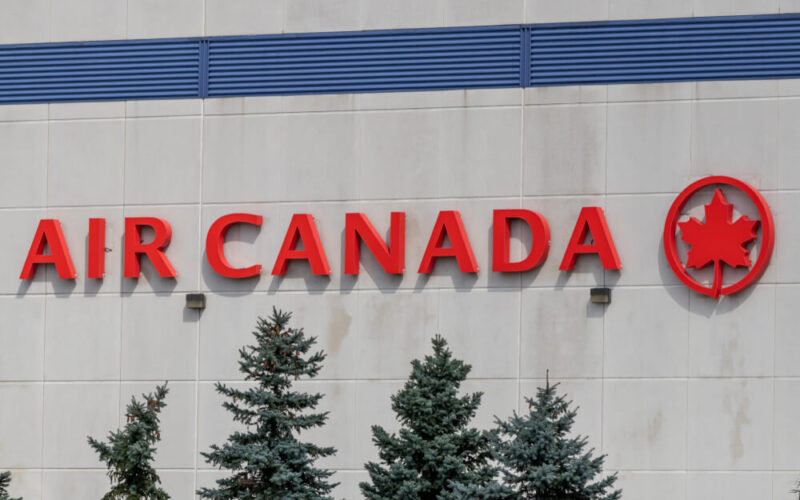Air Canada (ADH2) announced its 2019 full-year financial results. The Canadian company indicated that despite losing 25% of its narrow-body fleet due to the worldwide grounding of the Boeing 737 MAX, the airline achieved record-breaking revenues. However, so far, the airline is cautious about 2020: due to the prolonged groundings of the 737 MAX, the short-term impact of the coronavirus outbreak and increasing maintenance costs will negatively impact the carrier’s operations throughout the year.
All in all, Air Canada (ADH2) increased its revenues by $828 million (C$1.1 billion) to $14.1 billion (C$19.1 billion), which resulted in a net profit of $1 billion (C$1.4 billion), despite an increase of 6% in operating costs that totaled $13.1 billion (C$17.4 billion).
Taking the Boeing 737 MAX groundings into account, Air Canada (ADH2) estimated that its adjusted Cost per Available Seat Mile (CASM) would have risen only by 2.5%, compared to the current result of 6.1%, while capacity, measured in Available Seat Miles (ASM) improved by 1.8%, while the airline planned to grow by 4.8% throughout 2019.
Active discussion for 737 MAX settlement
Air Canada (ADH2) planned to operate a total of 36 Boeing’s narrow-body aircraft during 2019. The company is still in active discussion with the manufacturer to “settle the terms of an arrangement in relation to the grounding,“ stated the airline‘s press release.
“An initial settlement payment contemplated by the arrangement was made to Air Canada (ADH2) during the fourth quarter of 2019, with any further amounts subject to finalization of the arrangement.” The settlement would be presented as a “price adjustment” to current and any future deliveries from Boeing.
Cautious outlook
The airline expects Q1 2020 Earnings before interest, tax, depreciation and amortization (EBITDA) to be $150 million (C$200 million) lower compared to the same period in 2019. Reasons behind the drop in EBIT were associated with the fact that in Q1 2019 Air Canada (ADH2) operated 24 Boeing 737 MAX aircraft, in addition to the fact that the airline was forced to cancel services to mainland China and Hong Kong. Rising expenses were also attributed to an increase in aircraft maintenance costs (up by $113 million (C$150 million) and employee benefits costs (up by $79 million (C$105 million), with one-third of the expenses for maintenance and benefits are set to be incurred during Q1 2020.
Air Canada (ADH2) expects to fully recover the demand on mainland China and Hong Kong flights by Q3 2020, while Boeing’s grounded jet will return to commercial service with the airline in late-Q3 2020. The airline anticipates that it would receive six out of 12 Boeing 737 MAX aircraft in 2020 that were due for delivery in 2019, with the other six delivered in 2021. A further 14 jets, initially scheduled for deliveries in 2020, would be handed over in 2021.
The company’s end result for 2020 estimates Earnings before interest, tax, depreciation and amortization (EBITDA) margin of 19 to 22%, compared to 2019‘s result of 19%.

